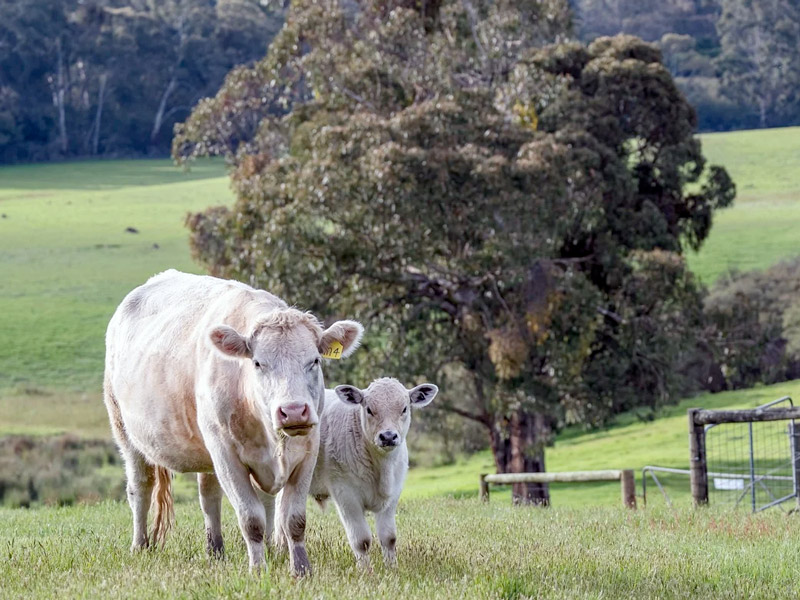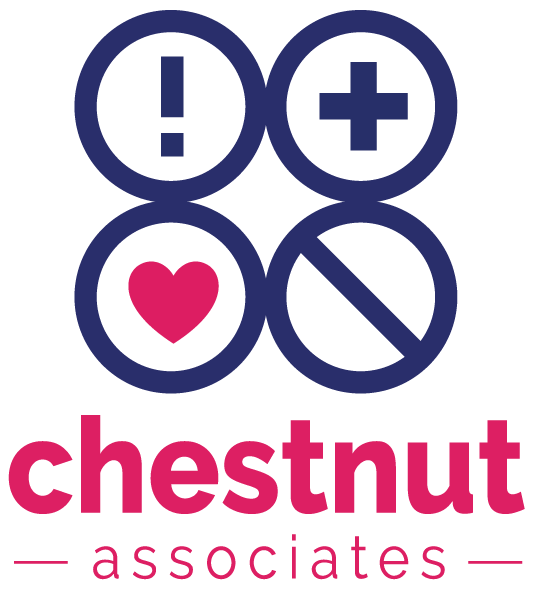As you may know I work with many different industries, and I was asked to carry out some online training for a business that works outside sometimes and could possible encounter animals during their work day.
 To protect their staff under the Health & Safety at Work act 1974 legislation, you must keep your employees safe so I put this session together for them to carry out their employer duties:
To protect their staff under the Health & Safety at Work act 1974 legislation, you must keep your employees safe so I put this session together for them to carry out their employer duties:
Every year incidents involving livestock account for a large proportion of the injuries sustained by people working on or around farms. The effects can be severe.
Many injuries caused by cattle result in the farmer/staff being unable to work for months. Livestock incidents have also claimed the lives of 18 farmers in Northern Ireland in the last 10 years.
Before working with Livestock take a moment to Stop and Think!
Think about what you can do if there is a problem. Where animals are not restrained, always check that there is somewhere safe you can get to easily if an animal becomes aggressive. Work out an escape route or refuge before working with animals.
Zoonoses are diseases passed from animals to humans. All animals carry disease. It is important to always ensure good personal hygiene and to wash and dry your hands before eating, drinking or smoking. Such as E Coli 0157 etc. Simply carrying the bacterium will not normally cause any harm or illness but contact with contaminated animals or their faeces can cause illness ranging from diarrhoea to kidney failure in humans.
Always
- make sure staff are competent and agile/fit.
- work out an escape route or refuge before working with animals.
- be careful around cows and heifers with new-born calves.
- remember that cows that are ‘on heat’ are unpredictable.
- watch for warning signs of animal aggression, especially in bulls and newly calved cows and heifers.
- protect yourself against disease with personal hygiene, using hot soapy water after being around animals.
- Check all areas for slip, trip and fall hazards.
- Ensure you have some kind of communication such as a phone – and it gets service where you are.
- Working in confined areas.
- Keep cuts covered.
- Signage required for working areas.
- Near miss and accident reporting.
- Vulnerable, injured, pregnant people.
- Risk Assessment carried out.
- First Aid Kit available, fully stocked.
- Allergies.
- Dangerous plants and thorns etc.
- Insect bites.


